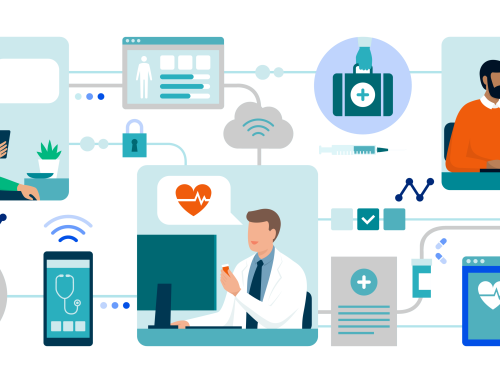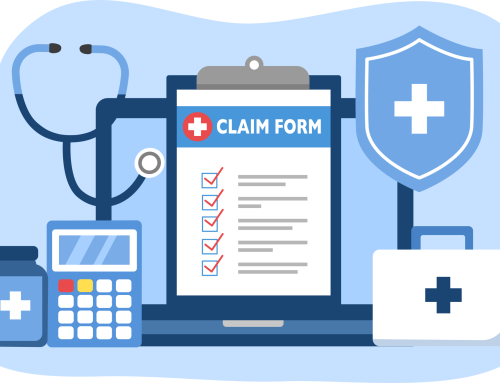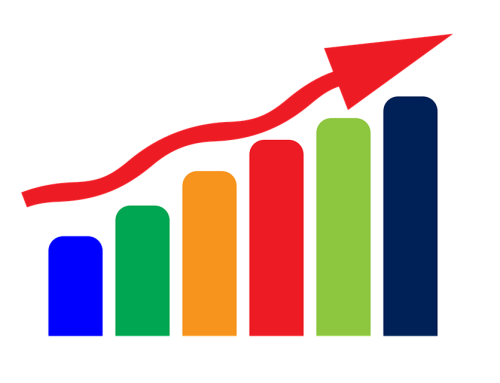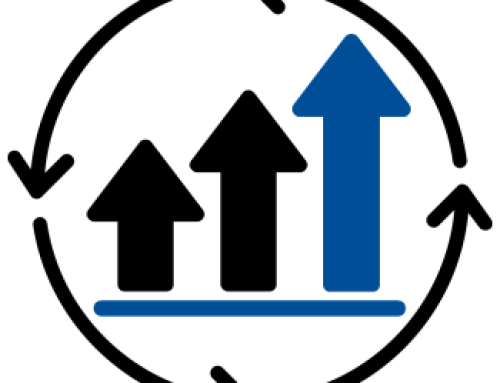In the ever-evolving landscape of healthcare, data has become an invaluable asset. The ability to gather, analyze, and derive meaningful insights from healthcare data has led to significant advancements in patient care and operational efficiency. Healthcare Business Intelligence (BI) emerges as a game-changer, revolutionizing decision-making processes in healthcare institutions. This article explores the transformative impact of Healthcare Business Intelligence, its benefits, and how it empowers stakeholders to make informed, data-driven decisions that enhance patient outcomes and drive organizational success.
Understanding Healthcare Business Intelligence (BI)
Healthcare Business Intelligence is a comprehensive approach to data analysis that leverages advanced technology and analytics tools to derive actionable insights from vast and complex healthcare data sets. It involves the collection, integration, and visualization of data from various sources, such as electronic health records (EHRs), financial systems, patient surveys, and operational data. Healthcare BI empowers healthcare providers, administrators, and policymakers with timely and accurate information, enabling them to make well-informed decisions that drive improvements across the entire healthcare ecosystem.
Transforming Healthcare with Data-Driven Decision Making
Decisions should be driven by rich, up-to-date data, that gives clear and concise information to management who can then use it to make informed management and clinical decisions. Healthcare Business Intelligence plays a pivotal role in transforming the healthcare landscape in the following ways:
- Enhanced Data Visibility and Accessibility: Healthcare BI platforms enable seamless integration and centralization of data from multiple sources, making it easier for stakeholders to access relevant information. Real-time dashboards and reports provide a comprehensive view of patient outcomes, resource utilization, financial performance, and other critical metrics, empowering decision-makers to identify trends and opportunities for improvement.
- Informed Clinical Decision-Making: Physicians and clinicians can benefit significantly from Healthcare BI, as it provides evidence-based insights that support clinical decision-making. By analyzing historical patient data, treatment outcomes, and best practices, healthcare professionals can develop personalized treatment plans, optimize care pathways, and improve patient safety.
- Efficient Resource Allocation: Healthcare institutions can optimize resource allocation with the help of Healthcare BI. By analyzing data on patient demographics, treatment costs, and service demand, administrators can efficiently allocate staff, equipment, and other resources to meet patient needs effectively.
- Predictive Analytics for Preventive Care: Healthcare BI facilitates predictive analytics, enabling early identification of potential health risks and proactive intervention. By analyzing patient data and risk factors, healthcare providers can identify high-risk patients and implement preventive measures, ultimately reducing hospital readmissions and improving population health.
- Improved Financial Performance: Healthcare BI empowers financial decision-makers with insights into revenue cycles, billing processes, and cost analysis. This knowledge aids in optimizing revenue streams, reducing operational inefficiencies, and achieving financial sustainability for healthcare organizations.
Schedule a Demonstration of BHM’s Innovative Business Intelligence Software
Harnessing the Power of BI
To fully harness the potential of Healthcare Business Intelligence, healthcare institutions must consider the following steps:
- Data Integration and Governance: Establish a robust data integration strategy to bring together disparate data sources while ensuring data quality and security. Implement data governance protocols to maintain data accuracy, integrity, and compliance with regulatory standards.
- User-Friendly Visualization: Adopt user-friendly and intuitive data visualization tools that allow stakeholders to easily interpret complex data. Dashboards and reports should present information in a clear and actionable format to facilitate data-driven decision-making.
- Training and Skill Development: Invest in training programs to equip staff with the necessary skills to interpret and use Healthcare BI tools effectively. Data literacy is crucial to ensure that all stakeholders can make the most of the available insights.
- Scalability and Flexibility: Choose a scalable and flexible Healthcare BI solution that can adapt to the evolving needs of the healthcare organization. The system should accommodate growing data volumes and changing analytics requirements.
Discover how BHM Healthcare Solutions can help your organization thrive with business intelligence.
Benefits of Healthcare BI for Healthcare Organizations
Healthcare Business Intelligence offers numerous benefits to healthcare organizations, including:
- Improved Patient Outcomes: Data-driven decisions lead to better patient care, resulting in improved outcomes and increased patient satisfaction.
- Operational Efficiency: Healthcare BI streamlines processes, reduces inefficiencies, and optimizes resource allocation, leading to cost savings and enhanced operational efficiency.
- Regulatory Compliance: Accurate data analysis aids in meeting regulatory requirements and ensures compliance with industry standards.
- Competitive Advantage: Organizations that leverage Healthcare BI gain a competitive edge by making informed decisions that lead to better patient care and financial performance.
Unleashing the Power of Healthcare BI
Healthcare Business Intelligence has emerged as a transformative force in the healthcare industry, empowering stakeholders with data-driven insights that lead to enhanced patient care, optimized operations, and improved financial performance. By integrating and analyzing data from various sources, healthcare organizations can unlock the full potential of their data, making informed decisions that positively impact patient outcomes and overall organizational success.
In the era of data-driven healthcare, embracing Healthcare Business Intelligence is not just an option but a necessity. As technology continues to advance, the role of Healthcare BI will only become more prominent, revolutionizing decision-making processes and redefining the future of healthcare delivery.
Schedule a Demonstration of BHM’s Innovative Business Intelligence Software
References:
- Wang, L., & Wang, J. (2020). Healthcare Business Intelligence: Challenges and Opportunities. Journal of Healthcare Engineering, 2020, 1-9.
- Johnson, S. A. (2019). Transforming Healthcare Decision-Making with Business Intelligence. HealthManagement.org, 19(3), 212-214.making-with-business-intelligence
- Jenders, R. A., Nimitphong, H., & Ward, M. J. (2018). Leveraging Business Intelligence in Healthcare. In Data Analytics in Medicine (pp. 73-85). Springer, Cham.
| Editor’s Note: BHM Healthcare Solutions offers case review and medical director expertise, business intelligence, software, CIA consulting services and accreditation support focused on improving patient care. Contact BHM for a brief discussion on how BHM achieves success. CLICK HERE |






Leave A Comment